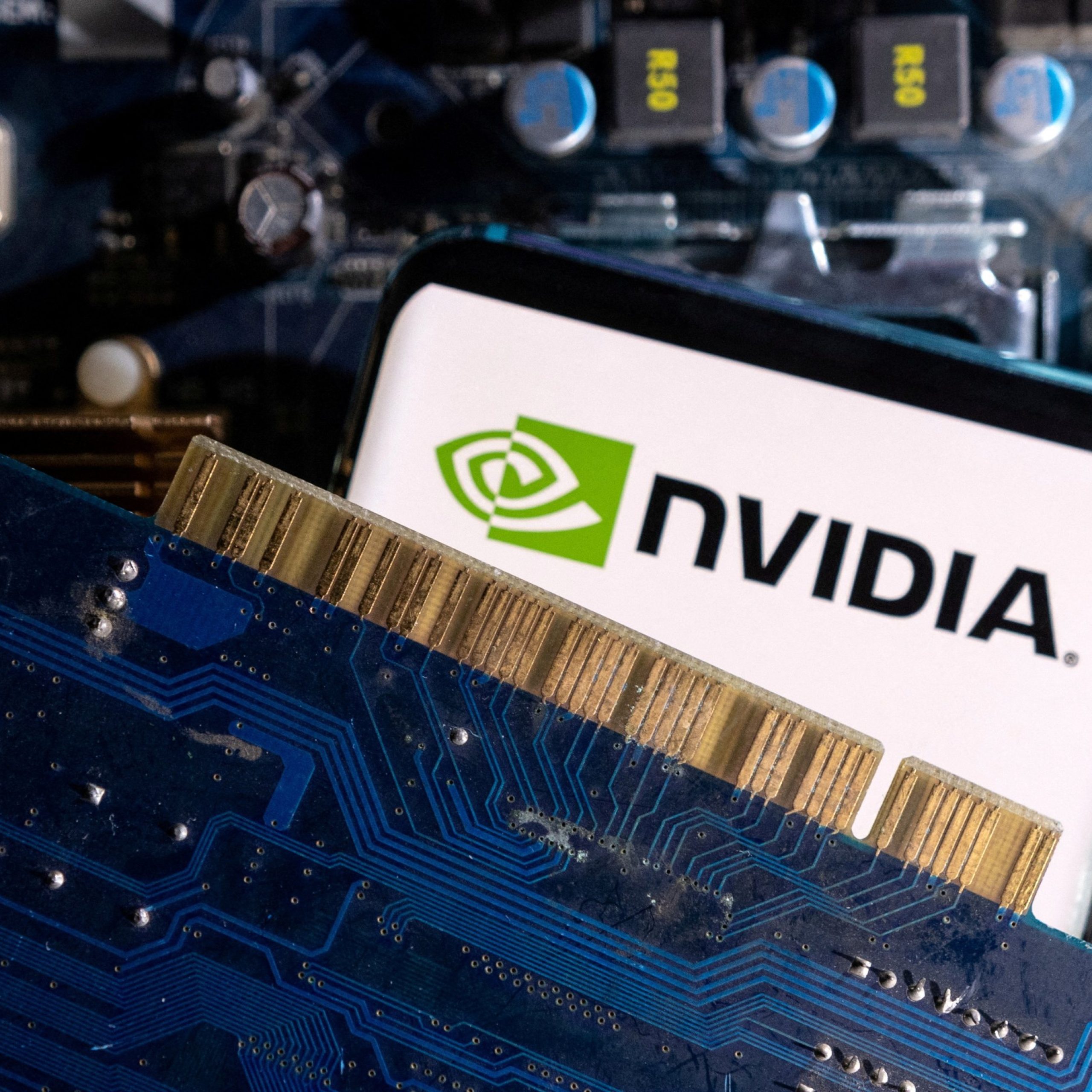In a move aimed at safeguarding national security, the United States has implemented new restrictions on the sale of chip-making machinery crucial to China’s semiconductor industry. Effective in 30 days, these measures are designed to prevent the transfer of advanced technologies that could potentially strengthen China’s military capabilities, particularly in artificial intelligence (AI).
Impact on AI Chip Manufacturer Nvidia
One prominent player affected by these restrictions is Nvidia, a leading manufacturer of sought-after AI chips. The company has indicated that the new regulations will disrupt sales of its high-end AI chips, the H800 and A800, originally designed for the Chinese market. Nvidia’s concerns extend beyond sales, as they anticipate potential delays in product development and the need to transition operations.
Another significant impact of these measures is on the Dutch firm ASML, which holds a dominant position in the lithography market. The sale of deep ultraviolet lithography machines to China is now restricted, posing challenges for ASML’s exports and potentially reshaping the global semiconductor manufacturing landscape.
Chinese response and criticism
Unsurprisingly, China has responded to these restrictions with strong words. Labeling the move as “forced de-coupling for political purposes,” the Chinese government has urged the United States to avoid politicizing trade and technology issues, emphasizing the importance of stable global industrial and supply chains. Chinese Foreign Ministry spokesperson Mao Ning underscored China’s commitment to safeguarding its rights and interests in the face of these measures.
Concerns from the Semiconductor Industry Association
Within the United States, the Semiconductor Industry Association has voiced concerns, representing a significant portion of the country’s semiconductor sector by revenue. They argue that the new restrictions are overly broad and could potentially harm the U.S. semiconductor ecosystem without substantially advancing national security objectives. These concerns reflect a broader debate within the industry regarding the balance between security and economic interests.
Department of Commerce defends the measures
Responding to criticism, the U.S. Department of Commerce has defended the necessity of these restrictions. In a press release, the Department stated that the measures are essential to maintain the effectiveness of export controls, close potential loopholes, and ensure the long-term durability of these restrictions. This indicates that the U.S. government is steadfast in its commitment to preventing the transfer of sensitive technologies to China.
Balancing national security and economic interests
The restrictions on chip-making machinery sales to China highlight an ongoing challenge for governments worldwide: balancing national security concerns with economic interests. While the United States seeks to protect its technological advantage and ensure that sensitive technologies do not contribute to military advancements in other nations, it also faces concerns from domestic industries about potential adverse effects on their businesses.
The global semiconductor industry operates in a highly interconnected manner, with supply chains spanning multiple countries. Restricting the flow of technology between nations can have far-reaching consequences. The implementation of these measures may lead overseas customers to seek alternative sources for the technology they need, potentially impacting not only the U.S. semiconductor industry but also global tech supply chains.





